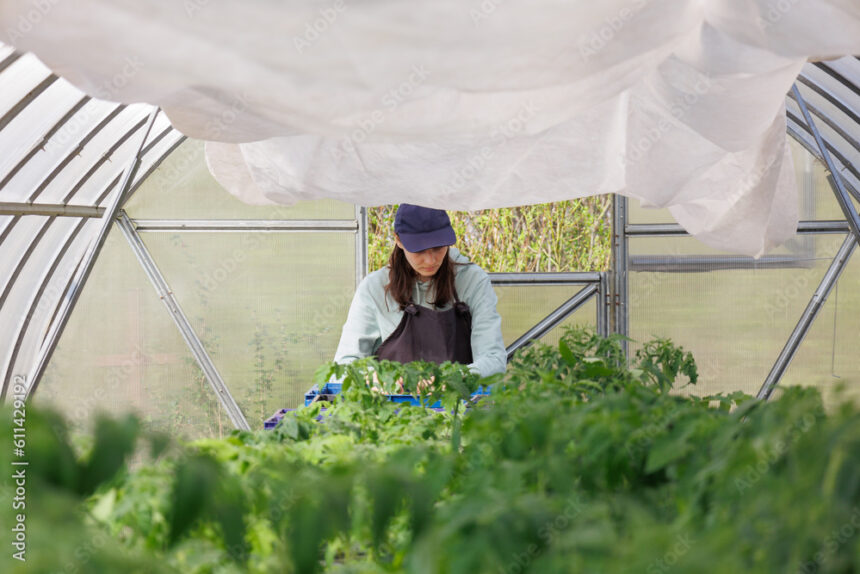Here are 10 key things you should know about a job as an Agricultural Economist:
- Role: An Agricultural Economist specializes in applying economic principles and analysis to the agricultural industry. They study and analyze various aspects of agricultural production, distribution, and consumption to provide insights and recommendations for decision-making.
- Education and Skills: To become an Agricultural Economist, a strong background in economics, agricultural sciences, or a related field is typically required. Proficiency in quantitative analysis, statistical modeling, and data interpretation is crucial. Good communication and problem-solving skills are also important.
- Research and Analysis: Agricultural Economists conduct research and analysis on a wide range of topics related to agriculture, such as farm management, agricultural policies, market trends, and global trade. They gather and interpret data, use economic models, and develop forecasts to assess the impact of various factors on the agricultural sector.
- Policy Development: Agricultural Economists often contribute to the development and evaluation of agricultural policies and programs. They assess the potential economic and social consequences of different policy options and provide recommendations to government agencies, organizations, or private companies.
- Market Analysis: Agricultural Economists analyze market conditions, including supply and demand dynamics, price fluctuations, and trade patterns. They help stakeholders, such as farmers, agricultural businesses, and policymakers, understand market trends and make informed decisions regarding production, investment, and trade strategies.
- Risk Management: Managing risks is a critical aspect of agricultural economics. Agricultural Economists analyze and develop risk management strategies for farmers and agribusinesses, considering factors like weather patterns, commodity price volatility, and natural disasters. They provide guidance on insurance, hedging, and diversification to minimize financial losses.
- Sustainable Agriculture: Agricultural Economists play a crucial role in promoting sustainable agricultural practices. They analyze the economic viability and environmental impact of different farming methods and technologies, such as organic farming, precision agriculture, and conservation practices. They assess the costs and benefits and help farmers adopt sustainable practices.
- International Trade: Given the global nature of agriculture, Agricultural Economists also focus on international trade and its implications. They examine trade policies, tariffs, and market access issues to determine the effects on agricultural sectors in different countries. They provide insights on trade negotiations and help formulate trade strategies.
- Consulting and Advising: Agricultural Economists often work as consultants or advisors for government agencies, research institutions, agribusinesses, and international organizations. They provide expert analysis, economic evaluations, and policy recommendations to assist their clients in making informed decisions related to agriculture.
- Career Opportunities: Agricultural Economists can pursue various career paths. They may work in universities and research institutions, government agencies, agricultural consulting firms, international development organizations, or private companies. They may also engage in teaching, writing research papers, and presenting at conferences to contribute to the field’s knowledge and advancement.
Remember, the specific responsibilities and focus areas of an Agricultural Economist can vary depending on the organization and context in which they work.
Join 'Farmers Mag' WhatsApp Channel
Get the latest Farming news and tips delivered straight to your WhatsApp
CLICK HERE TO JOIN






